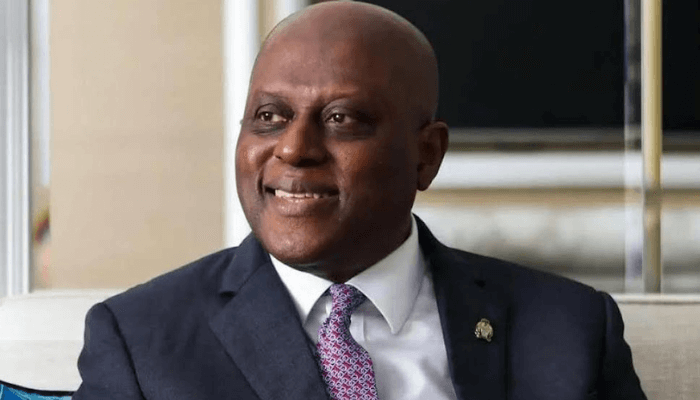FG has formed team to study stablecoin adoption, says Cardoso
Nigeria has established a working group to explore the possible adoption of stablecoins as part of ongoing efforts to support innovation in the financial sector while balancing the risks of emerging technologies, according to Olayemi Cardoso, governor of the Central Bank of Nigeria (CBN).
Cardoso disclosed this during a joint press briefing at the conclusion of the annual meetings of the World Bank and the International Monetary Fund (IMF) in Washington DC. He said the Central Bank, the Ministry of Finance, and other relevant institutions have set up specific working groups to take a deeper dive into understanding the broader ramifications and implications of adopting a viable framework for stablecoins in Nigeria.
The CBN governor explained that the discussion around stablecoins was one of the recurring themes at the meetings. “The message from there is that the Central Bank Governor, the Ministry of Finance, and others reached a general consensus on the need to support innovation and ensure it continues. By no means does anybody want to stifle innovation. However, there is also a need to balance this with the risks involved in these new technologies and digital currencies,” Cardoso said.
He added that beyond policy engagements, the apex bank is deepening partnerships with key stakeholders driving innovation and investment. According to him, the CBN recently held a strategic session with Nigerian FinTech leaders under the theme “Shaping the Future of FinTech in Nigeria: Innovation, Inclusion and Integrity.”
Speaking on recent economic developments, Cardoso said inflation has eased, reflecting the impact of disciplined monetary tightening, exchange rate unification, and improved market transparency. He noted that the naira continues to strengthen, with the spread between the official and bureau de change rates now below 2 percent. Nigeria’s foreign reserves, he added, stand above $43 billion, providing more than eleven months of forward import cover supported by sustained inflows and renewed investor participation across asset classes.
He said the ongoing reforms have enhanced transparency and efficiency in the foreign exchange market, supporting the disinflation trend alongside stable exchange rates, durable improvements in food supply, and continuing moderation in petroleum product prices.
Cardoso also spoke about the growing role of non-bank financial institutions in the financial ecosystem, noting that globally, the ratio of financial dependence on banks versus non-banks has continued to shrink. He said microfinance institutions, digital lenders, and other non-bank entities have become significant players, but their regulatory environments are not as stringent as those of traditional banks. “Therefore, there is a need to closely monitor how that sector develops and to strengthen regulations accordingly,” he stated.
He pointed out that the removal of fuel subsidies and expenditure rationalization have helped to rebalance public finances and create fiscal space for productive investment. According to him, the bold reforms undertaken over the last two years have set a strong foundation for Nigeria to pursue the next phase of its economic agenda, driving inclusive growth and job creation to alleviate poverty.
Speaking on the government’s job creation agenda, Doris Nkiruka Uzoka-Anite, Nigeria’s Minister of State for Finance, said the government is prioritising investments in infrastructure, the digital economy, and agriculture. She noted that Nigeria has joined the World Bank’s Agri-Connect Programme, designed to scale innovation in agriculture through blended finance to support women and vulnerable groups.
“These initiatives, in collaboration with the World Bank, will catalyze job creation and business growth. As I mentioned earlier, we are also prioritising our spending and appropriation towards key sectors. With the increase in government revenue, which we expect to rise further next year through new tax reforms and the digitization and automation of revenue collection, government will have more funds to invest in these priority sectors. This will provide another boost to job creation,” Uzoka-Anite stated.

